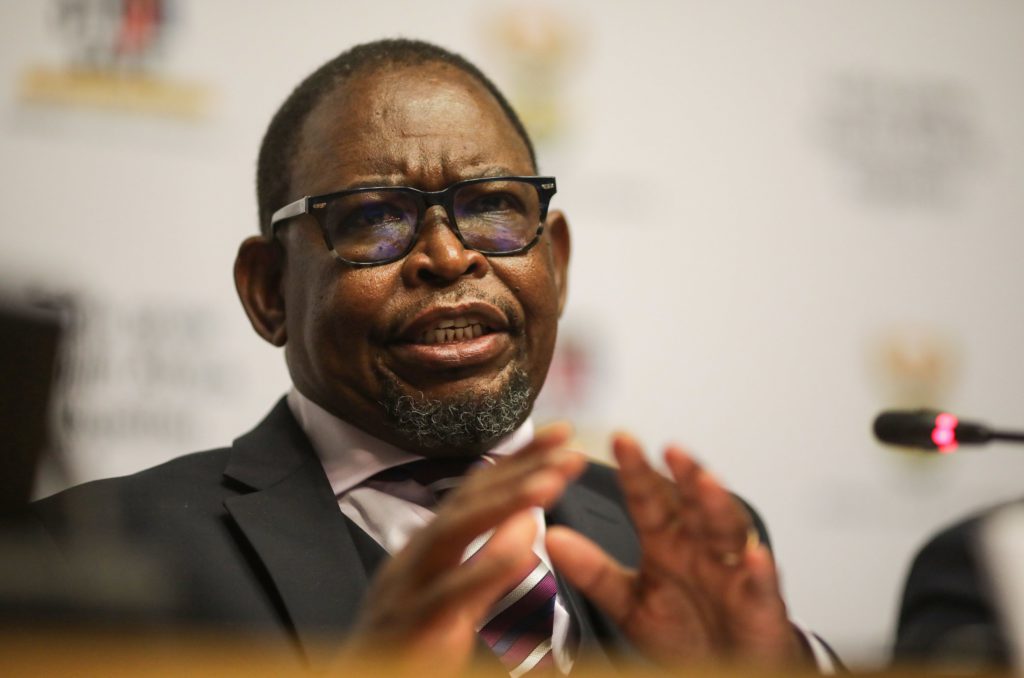(Bloomberg) — South Africa will extend the first phase of its carbon tax by three years, enabling companies to continue benefiting from tax‐free allowances and revenue‐recycling initiatives as the country prepares to accelerate its transition toward a zero-emissions economy by 2050.
Other measures to encourage a move away from carbon emissions, such as an energy‐efficiency‐savings levy incentive, will also be extended until the end of 2025, according to the budget review presented by Finance Minister Enoch Godongwana on Wednesday.
That could provide some room to companies in Africa’s worst polluter and most-industrialized economy to align with environmental commitments the country made at the United Nations Climate Change Conference last year.
They include ensuring that the country’s greenhouse gas emissions peak by 2025, decline to 350 million tons to 420 million tons by 2030 and approach net‐zero by 2050.
The government has proposed a transitional period that will see carbon prices increase every year by at least $1 to $20 per ton of carbon dioxide equivalent by 2026, and climb more rapidly thereafter.
Other Proposals
- A carbon budgeting system will become mandatory from Jan.
1 and emissions that exceed the budget will be penalized.
- A carbon offset allowance will be increased by 5% from January 2026 to encourage investments in such projects.
- A plastic bag levy to be increased by 12% and the government will investigate an upstream plastic tax and a duty on single‐use plastics.
- A vehicle-emissions tax rate and levy on incandescent light bulbs will be increased.
- Measures to regulate electricity-intensive crypto mining, which is environmentally harmful, are being considered.











